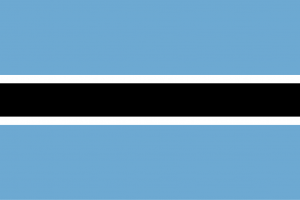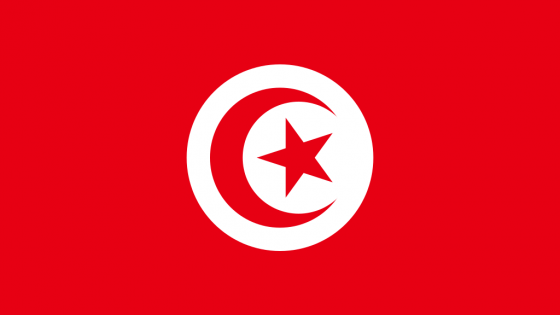
Tunisia, the northernmost country in Africa, is a land where ancient ruins, sun-soaked beaches, desert oases, and vibrant culture come together in perfect harmony. Though small in size, Tunisia is rich in history—from Phoenician and Roman empires to Arab and French influences. Its Mediterranean charm and accessible location have made it a favorite destination for travelers seeking both relaxation and exploration.
Tunisia is a Mediterranean gem where the past and present intertwine. From ancient Roman ruins and vibrant souks to sun-drenched beaches and Saharan dunes, Tunisia offers a dynamic and welcoming experience for all kinds of travelers. With its rich cultural heritage, accessible size, and diverse attractions, it’s a perfect destination for those seeking depth, beauty, and discovery in North Africa.

